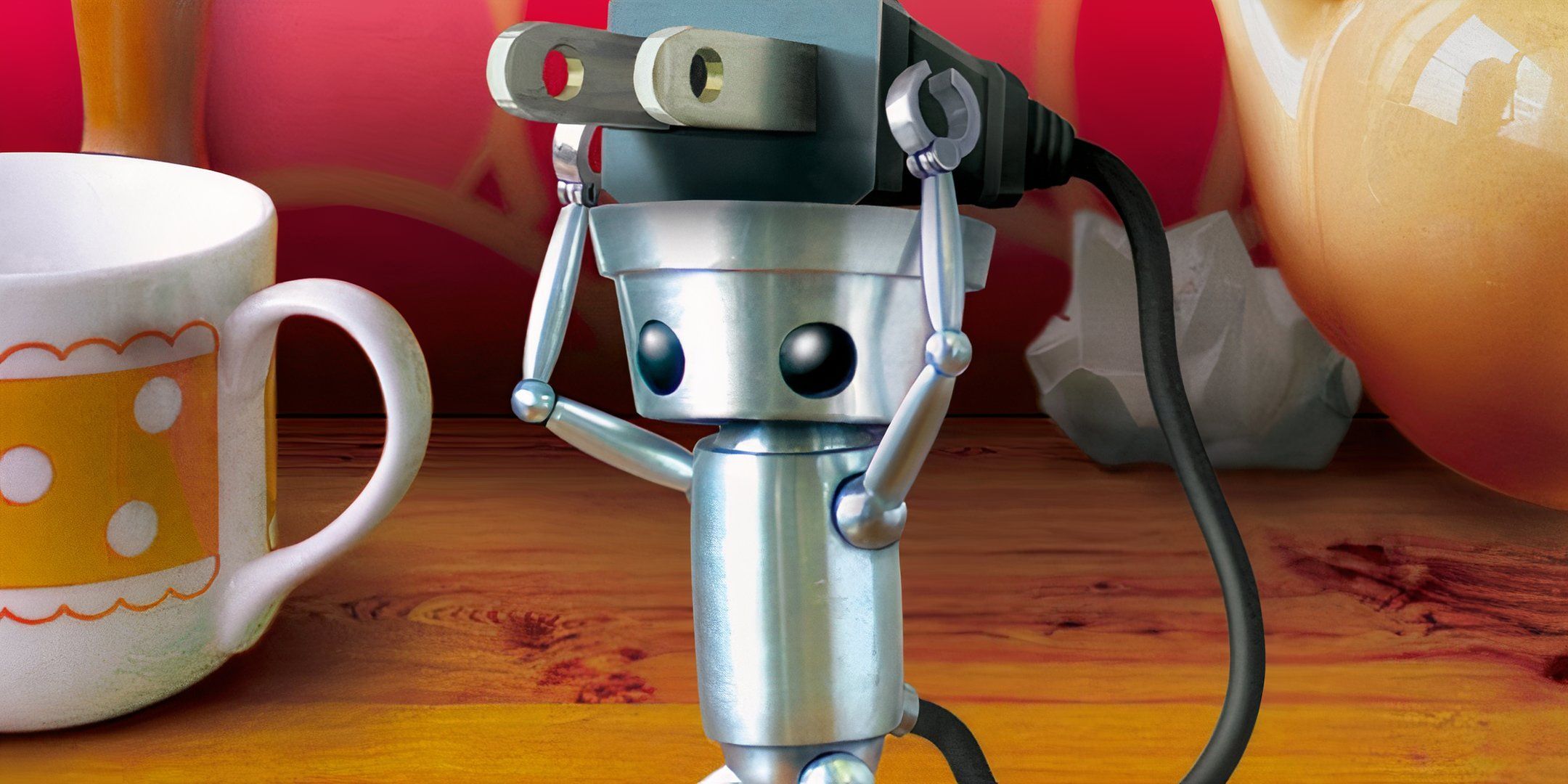There were some games that I only experienced as a kid through magazines. I loved flipping through the review section of Nintendo Power or EGM in the early 2000s and reading about games that I knew I’d never get to play because, at the time, games were especially eclectic. For every Metal Gear Solid, you had a Mister Mosquito – some completely left-field fever dream that you couldn’t believe was real. You can still find that energy alive and well in gaming’s independent scene today, but you won’t catch Sony publishing games like FantaVision or I.Q.: Intelligent Qube anymore.
I was reminded of that when popping into the latest addition to Nintendo Switch Online’s Switch 2 exclusive GameCube library this week: Chibi-Robo. The GameCube oddity is one of those games that was mythical to me growing up. I never asked my mom to buy it for me, but I read all about it in magazines at the time. I was fascinated with an unclassifiable game that sounded nothing like anything I’d ever played. Now finally playing it for the first time in 2025, I’m only more captivated.
If you had to put Chibi-Robo in a box, you could call it a puzzle platformer, but that wouldn’t tell you much about it at all. The adventure stars a minuscule robot tasked with helping out around a family’s house. He can pick up trash and clean up dirty shoe prints with a toothbrush, but his real directive is to spread happiness to a financially stressed out family and the sentient toys living in their home. It’s Nintendo’s take on Toy Story mixed with the Honey, I Shrunk the Kids appeal of Pikmin.
The moment you start it, you’ll instantly find a game that plays unlike anything coming from today’s major publishers. The central gameplay loop has me doing as many chores as I can in a day to amass Happy Points and Moolah. The catch is that I’m a battery-powered robot and my charge depletes with each action I do. To keep myself from shutting down, I have to pick up the plug that trails behind me and pop it into an outlet.
It’s an inspired idea for a game about a robot. My actions have to be robotic if I’m going to survive a day without shutting down and losing some cash. Climbing a ladder to get a coin needs to be a carefully calculated move, because I need to know both how much energy climbing will take and then how much juice I’ll need to hover back to the ground safely with my helicopter head. It might feel awkward or stiff compared to Nintendo’s more fluid platformers, but it’s the design decision that this specific hero called for.
Beyond the feel, Chibi-Robo’s oddball world makes it especially charming. During my time with it, I’ve helped an army of eggs hype themselves up to wage war against the family dog. I’ve saved a frog from a rampaging dinosaur toy who’s a big softy underneath those scary teeth. I’ve watched the family’s mother fall into economic despair as she struggles to balance checkbooks while her deadbeat husband wastes all their money on toys. As absurd as the substories can be, Chibi-Robo is somehow also a sobering kitchen sink drama about economic strain on middle-class families. Yes, really.
Chibi-Robo is immersive, but not in the buzzword-heavy way that so many modern games are. That starts with friction-filled gameplay designed to make you think like a bot, but even the freeform structure of the game reinforces that. There’s a central quest, but you’re never explicitly told what it is or given a quest log with a main objective marked. You’re left to explore the house and naturally interact with its residents instead. It feels like the people, frogs, and toys are living their lives outside of the story’s confines, making its strange fiction so easy to sink into. And it’s a world you want to sink into, because Chibi-Robo is kind-hearted in tone. It’s so rare to play a game of this scale that so confidently centers joy as an answer to conflict.
Games like this still exist today – just look at this year’s delightfully odd To a T – but I see them less and less from the biggest publishers nowadays. (If you want proof of that, play Astro Bot and remember a time where Ape Escape and Jumping Flash! were Sony heavy hitters.) Even with so much variety in genre and tone out there, I can’t think of the last time a major game truly threw me into uncharted territory and challenged me to learn its eccentricities. There’s a confidence in Chibi-Robo that’s admirable; it knows that it can really get experimental with it because it’s charming enough to make you want to follow it.
The world needs more Chibi-Robos. I think we’d all be a little cheerier for it.



